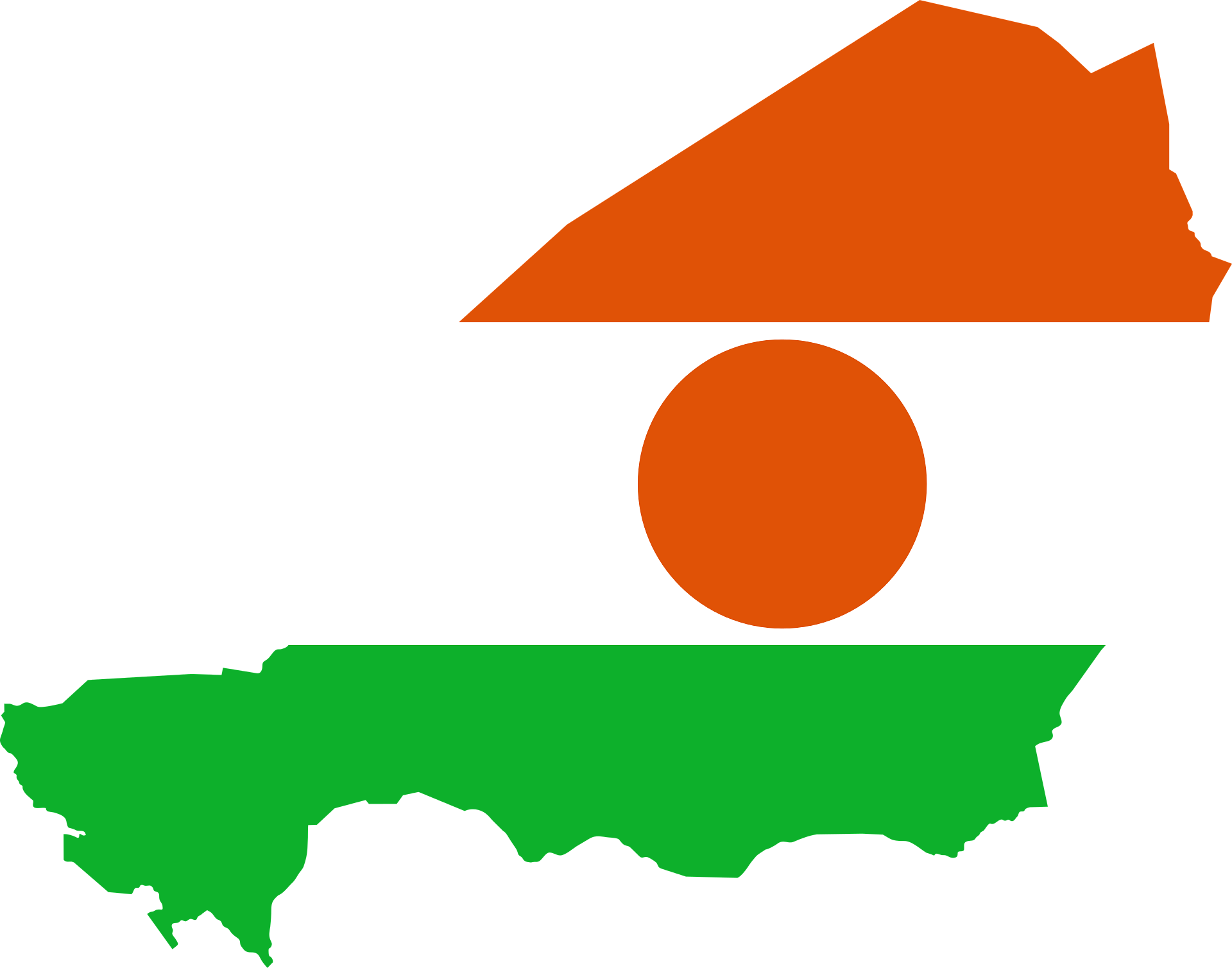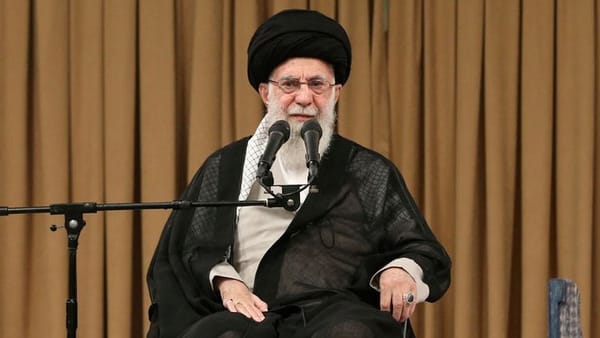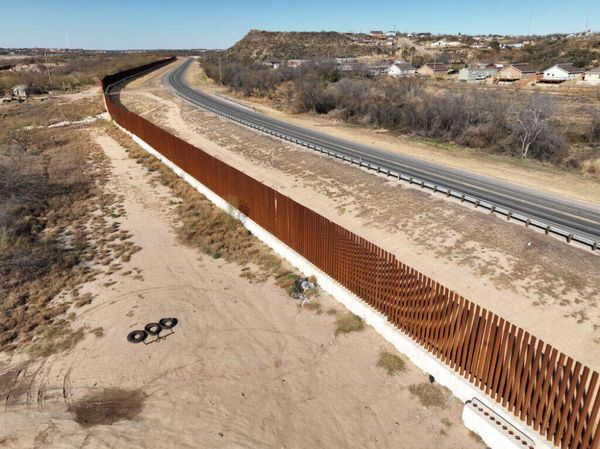Nigerien Junta Tells Court to Order ECOWAS To Lift Sanctions, ECOWAS Parliamentarians Appeal

On Monday, November 21, 2023, Niger's military government urged the regional court of West Africa to demand the removal of sanctions that were placed on the country by neighboring nations after the July coup that removed President Mohamed Bazoum from power.
During the hearing in Abuja, Nigeria's capital, Younkaila Yaye, one of the government's lawyers, stated that these sanctions have caused significant harm to various sectors of the Nigerien society.
Following the overthrow of Bazoum by the National Council for the Safeguard of the Homeland (CNSP), economic sanctions were imposed by the Economic Community of West African States (ECOWAS).
Additionally, countries like the United States, which previously provided assistance for health, security, and infrastructure needs, halted their support.
This abrupt change resulted in a significant impact on Niger's economy, as aid constituted nearly half of its yearly budget. Not only did neighboring countries shut their borders, but Nigeria, which supplied over 70 percent of Niger's electricity, also terminated its power supply. Also, Niger's external bank accounts were frozen, and a substantial amount of aid money was withheld.
During the hearing, the government's attorneys explained how the sanctions are negatively impacting Niger. Specifically, they pointed out that limited supplies are preventing children from returning to school, drug stores are running out of stock, and rising costs are causing businesses to close.
Yaye accused ECOWAS of imposing harsher punishments on Nigeriens for the coup compared to how they have dealt with coups in other countries, particularly in terms of financial transactions. The government requested that the court temporarily ease the sanctions until the final judgment, but ECOWAS objected to their plea.
Francois Kanga-Penond, the ECOWAS lawyer, argued that the government lacks recognition under the bloc's protocol and therefore does not possess the authority to bring such a case to court. The court decided to adjourn the proceedings until December 7.
During a press conference on Wednesday, November 22, Senator Ali Ndume, a member of the ECOWAS Parliament and Chief Whip of the Nigerian Senate, expressed concern about the sanctions imposed on the Niger Republic. He emphasized that the sanctions were causing severe hardships for the people, especially those living in the border states of Nigeria. Ndume highlighted that Niger shares borders with about eight Nigerian states and that the closure of the border and the sanctions had negatively affected the lives of many, particularly women and children.
He urged the ECOWAS Heads of State and Government to address the political impasse in Niger by lifting the sanctions and reopening the closed border. Ndume also noted that the situation not only affected the border states but also had repercussions for non-border countries, as Niger serves as a transit route for goods moving between various ECOWAS countries.





